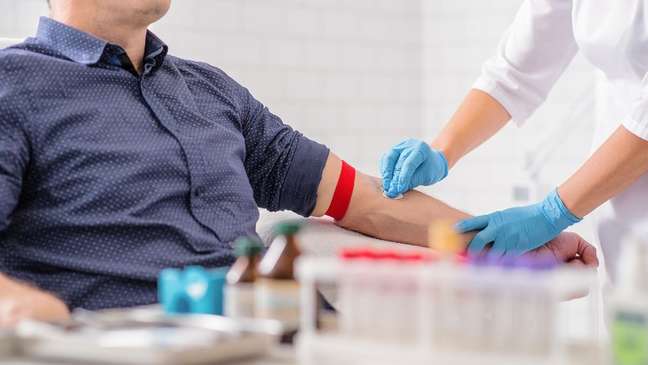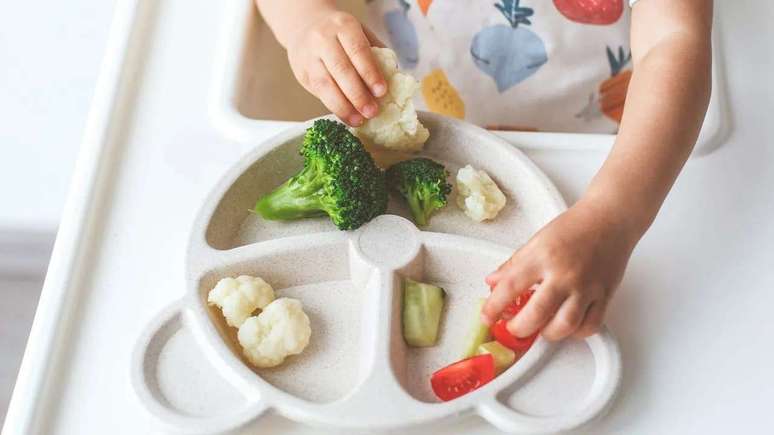Healthcare professionals clarify the main myths about donating blood. Stocks of blood bags in the country remain low

Countryside red june was born with the aim of promoting blood donation, especially due to the delay in the stock of blood bags. According to June updates from the Sao Paulo State Government’s Fundação Pró-sanguine, stocks of five of the eight blood groups are at critical levels or on alert.
Getting more volunteers to donate is a challenge. The World Health Organization (WHO) recommended percentage of donors in a country is between 3.5% and 5% of the population, but in Brazil only 2% of citizens are donors.
Nursing course coordinator at Faculdade Anhanguera, Professor Janaina Daniel Ouchi, says there are many myths involved in donating blood, and this ends up contributing to the failure to achieve the recommended rate in the country.
“Donating is a safe activity, it does not endanger the donor’s health and can save lives,” says the nurse. “It is common for some myths about the subject to arise and frighten the population, so it is important to discuss these points and increase the information on the subject,” she points out.
To change this, the Red June campaign seeks to raise awareness of the importance of blood donation, as well as draw attention to the low stock of bags available, which has worsened with the pandemic.
Myths about donating blood
Normally, donating blood is a simple task. The interested party must be in good health, weigh over 50 kilos, be well fed, not eat fatty foods in the hours preceding the donation and carry an official document with photo. Something simple, but surrounded by controversy. Nurse and teacher Janaina clarifies 5:
1) The activity does not cause the contagion of diseases. All the material used is single use, so there is no contact with another person’s blood.
2) Anyone who has had Covid-19 can donate blood. Donation candidates with a diagnosis or suspicion of coronavirus, who have shown symptoms of the disease, even in mild or moderate cases, must wait 10 days after healing to be able to donate.
3) The action is not reserved for adults. Children aged 16 and over can donate blood. Physically they are already eligible for the business, as long as they meet all basic donation requirements. Since they are under 18, they need parental or guardian consent.
4) Blood will not be needed by the donor. Plasma volume replacement occurs in 24 hours and red blood cell replacement in 4 weeks. However, for the body to reach the same level of iron in the body it had before the donation, it takes 8 weeks for men and 12 weeks for women.
5) Those with piercings and tattoos can also donate. Only people with mouth piercings are prevented, as the place is more receptive to infections, however, the donation can take place 12 months after the accessory is removed. People who have had tattoos, permanent make-up and other skin piercing processes must wait the same time to make the donation.
Source: Terra
Benjamin Smith is a fashion journalist and author at Gossipify, known for his coverage of the latest fashion trends and industry insights. He writes about clothing, shoes, accessories, and runway shows, providing in-depth analysis and unique perspectives. He’s respected for his ability to spot emerging designers and trends, and for providing practical fashion advice to readers.








